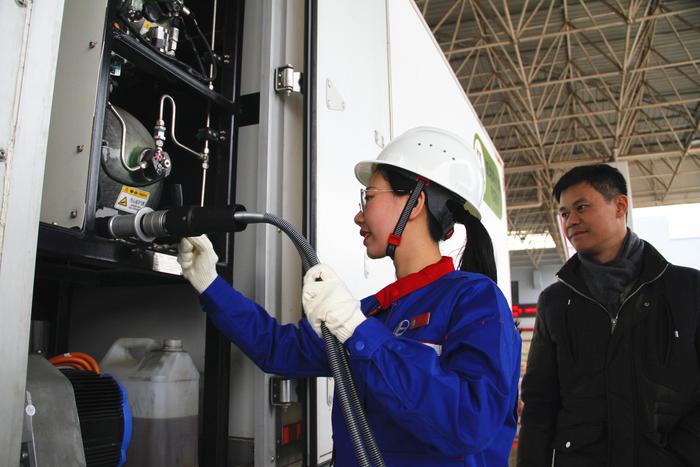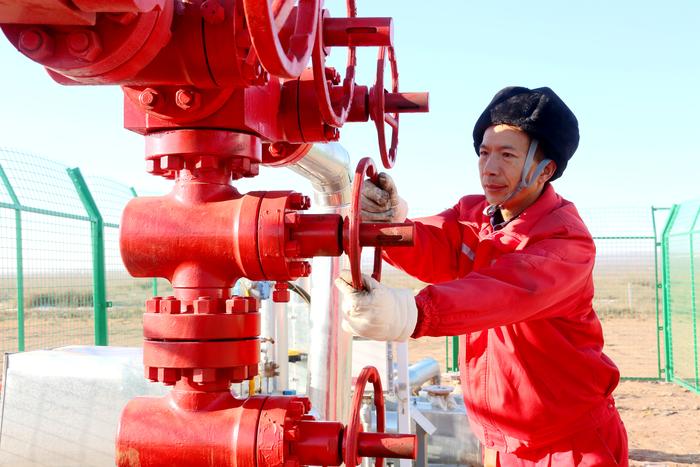|
| 2020-12-18 来源: 中国石化新闻网 |
| 石化新闻 |
中国石化新闻网讯 据路透社12月15日报道,顶级能源分析师表示,尽管全球正在向可再生能源转变,但勘探和新钻探投资的不足可能导致未来20至30年内全球石油供应不足。而与此形成鲜明对比的是,当前新冠肺炎疫情危机导致石油需求骤降,市场供过于求,促使欧佩克产油国、俄罗斯及其盟友限制产量。 需求疲软给寻求转向低碳能源的生产商和能源巨头带来了巨大压力,导致它们没有资金投资于新的石油资产,在全球经济复苏之际满足预期的原油需求增长。 总部位于巴黎的国际能源署(IEA)表示,目前尚不清楚对石油供应的充足投资是否会及时到位,也不清楚投资将来自何处。IEA在年度展望中写道,充足的长期石油供应“不应被视为理所当然”。 挪威咨询公司Rystad Energy本月在一份报告中表示,除非勘探活动大幅增加,否则到2050年,世界将耗尽石油供应。报告称,需要3万亿美元的资本支出,才能从现有未充分开发或未被发现的新油田中开采3130亿桶新增供应。 Rystad高级上游分析师Palzor Shenga表示:“勘探范围将不得不大幅扩大,除非我们看到全球能源结构的重大转变比预期的更快。” 能源咨询公司伍德麦肯兹表示,现有发现的油田需要投资以满足未来的石油需求,但目前低水平的需求、新资源开发的高成本以及相关风险阻碍了石油公司采取行动。到2040年,只有大约一半的供应是由已经投产的油田提供的,剩下的供应需要新的投资来实现供应。 王佳晶 摘译自 路透社 原文如下: World faces long-term oil supply gap despite COVID demand destruction Inadequate investment in exploration and new drilling may leave the world without enough oil in 20 to 30 years despite a shift towards renewable power sources, top energy analysts say. The long-term outlook contrasts with today’s situation where plunging oil demand due to the coronavirus crisis has left the market oversupplied, prompting the Organization of the Petroleum Exporting Countries, Russia and their allies, a group known as OPEC+, to curb output. Weak demand has piled pressure on producers and energy majors as they seek to pivot to low-carbon energy. It has sapped them of funds to invest in new oil assets so they can meet an expected rise in crude demand as the global economy recovers. The Paris-based International Energy Agency said it was not clear if adequate investment in oil supplies “will come in time and, if it does come, where it will come from.” Sufficient long-term oil supplies “should not be taken for granted,” it wrote in its annual outlook. Norwegian consultancy Rystad Energy said in a report this month that the world would run out of the oil supplies it needed by 2050 unless there was sharp rise in exploration. It said was $3 trillion in capital spending was needed to tap 313 billion new barrels of oil from existing underdeveloped fields or from new undiscovered fields. “The scope of exploration will have to expand significantly unless we see a momentous transition in the global energy mix sooner than currently expected,” said Palzor Shenga, Rystad’s senior upstream analyst. Energy consultancy Wood Mackenzie said existing discoveries needed investment to meet future oil needs but said current low-level demand, high costs of developing new resources and the associated risks had deterred oil companies from acting. “Only about half the supply needed to 2040 is guaranteed from fields already onstream. The rest requires new capital investment and is up for grabs,” the consultancy said. |








